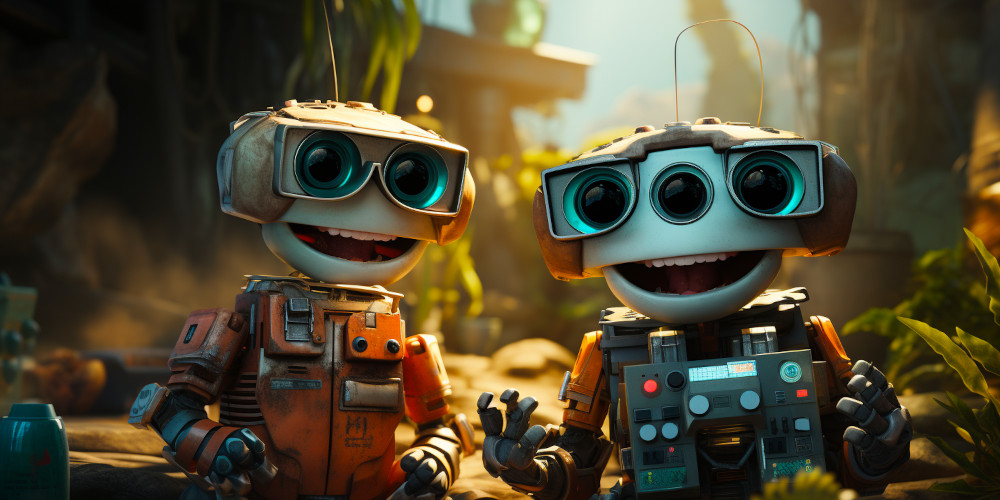In video game development, there’s a new player on the horizon: Generative AI (surprised?). According to recent research by Bain & Company, generative AI is poised to support more than half of the video game development process within the next five to ten years. This revelation comes when the gaming industry grapples with ballooning development costs and a growing demand for innovative content.
Bain & Company’s study, titled “How will Generative AI Change the Video Game Industry,” delved into the perspectives of 25 gaming executives from across the globe. The findings were intriguing. While most anticipate that generative AI will enhance game quality and expedite delivery, only 20% believe it will curtail development expenses. Furthermore, 60% of these executives foresee that generative AI is insignificant in the talent landscape, dispelling that it might be the panacea for the industry’s talent crunch.
Andre James, the global head of Bain’s Media & Entertainment practice, shared an insightful observation. He noted that generative AI could liberate developers from routine tasks but cannot replicate the unique human touch essential for game creation. This sentiment underscores the irreplaceable value of human creativity, even in an AI-driven world.
Interestingly, the study also highlighted a shift in the application of generative AI. In the coming decade, its primary use is expected to transition from the preproduction phase to the production stage of game development. Bain predicts that generative AI will soon have a more pronounced role in story generation, nonplayable characters, game assets, live game operations, and user-generated content.
The road to integrating generative AI has also had its challenges. Gaming executives identified system integration as the primary obstacle. Other concerns include data training, technical limitations, regulatory and legal oversight, and the costs associated with implementation. Anders Christofferson, a leading gaming expert at Bain, emphasized the transformative potential of generative AI. He believes that, if leveraged correctly, it could address industry challenges while offering immense benefits to creators, publishers, and gamers alike.
To harness the full potential of generative AI, Bain & Company recommends a four-pronged approach:
Adopt a structured and intentional strategy towards generative AI to optimize ROI and minimize risks.
Prioritize player benefits. More content can translate to something other than a superior gaming experience.
Evaluate the pros and cons of building in-house, partnering with major players, or collaborating with niche entities.
Understand that this shift is more than just technological. It demands a new operational model, encompassing redesigned work processes and a comprehensive generative AI enterprise architecture strategy.
Keep in mind that, in the words of Andre James, generative AI might change the game, but the human touch will always be its heart and soul.
I pose this question: How can we ensure that the integration of generative AI enhances the gaming experience without compromising the essence of human creativity?
If you enjoy stories like these consider subscribing to my LinkedIn newsletter or connecting with me.
About the Author: David Hendrickson is a tech enthusiast (and gamer, too), always on the lookout for the latest trends. With a keen interest in AI and its potential, David believes in the harmonious coexistence of technology and human creativity.
Source: Bain & Company, “How will Generative AI Change the Video Game Industry,” 14 Sep 2023.



